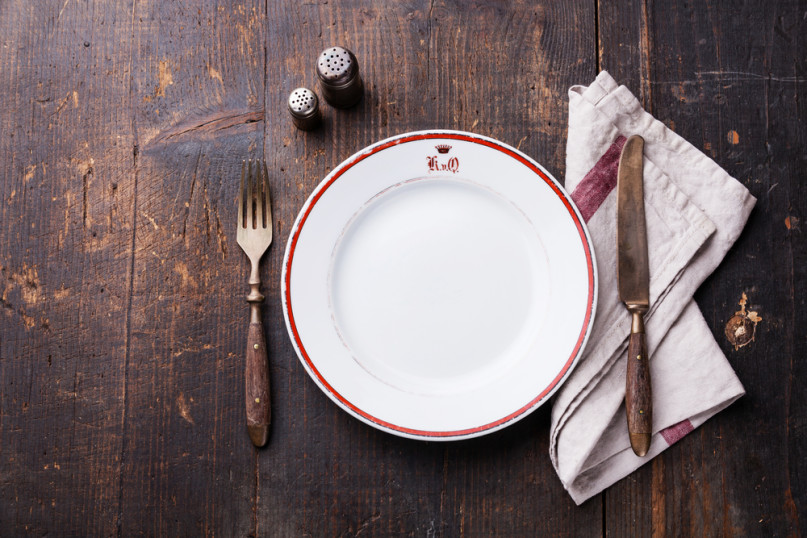 On Sunday, Mormons around the world will join in a spiritual practice that has been part of our religion almost since its beginning: fasting.
On Sunday, Mormons around the world will join in a spiritual practice that has been part of our religion almost since its beginning: fasting.
I had been a Mormon for nearly ten years before I started taking fasting seriously. Before that, I had all sorts of “reasons” why I couldn’t fast.
Now, in many cases, people do have legitimate reasons why they can’t fast from food. (Here’s a post with some suggestions for ways they might still participate.)
But in my case, the “reasons” were just excuses. I didn’t really know how to fast (and it’s a mystery why Mormons don’t take the time to train people’s bodies and minds to do this, building up over time).
Moreover, I didn’t quite understand the point. I could see a lot of flaws in the theology around me, where people seemed to be fasting primarily so they could manipulate a vending machine deity into giving them their heart’s desire: a new job, a healthy check-up, an engagement ring.
But I kept haphazardly trying, thinking that even if I couldn’t see any spiritual benefits from fasting, at least my fast offering was doing something to alleviate poverty and need.
One thing that changed my mind about fasting was to embrace it as a mini-death. The practice began helping me get intimate with the reality that I am someday going to die.
This body I expend so much energy feeding and bathing and clothing will someday take one last breath. Could it be that fasting could help me to prepare for this truth, which is at once so inevitable and yet so impossible to believe?
Throughout Christian history people have struggled with the place of the body and whether it should be subjugated or celebrated. Mormons have generally fallen on the more positive side of that spectrum, affirming that the body is inherently good, that it is God’s creation, that it will be perfected and renewed at the resurrection. We have also consistently taught that our purpose in this life is to become more like Christ and to love him.
But here’s the thing: If we are to become like Christ, one thing we absolutely must learn to do is to die and be reborn.
Fasting, in its small way, is that lesson for us, month in and month out. Fasting is, at its foundations, a reminder of bodily death. Once a month we choose not to sustain physical needs and the physical body, preferring instead to affirm the truth that death will be real, that the needs of this body will one day cease, that we should not let ourselves become overly attached to the physical.
God created our bodies and declared them not just good but “very” good. But at the end of the day, they are not the sum of us. As Master Yoda says, “luminous beings are we, not this crude matter.” And ironically enough, fasting—which seems on the surface to be so world-denying and lifeless—is precisely the kind of spiritual practice that reminds us that human life is a gift. That the world, and many of its creations, are good.
I like to have people over for dinner on Fast Sunday, because no matter what I serve, they’re going to think it is the best meal they’ve had in ages. (“Tripe! My favorite!”) We’re so grateful for breaking the fast and welcoming life and food again that we have a new appreciation for every bite.
When we take the sacrament on Fast Sunday, it is our only sustenance for much of that day, which is an excellent metaphor for what the sacrament is supposed to be for us – unique, a witness of God, the bread that gives us life. If you’ve ever read or seen The Lord of the Rings, you might remember that Frodo and Sam receive a gift from the elves called lembas bread, which is a special bread where just one small bite can sustain a grown man for a day. JRR Tolkien, a devout Catholic, wanted a way in his fiction to represent what the Eucharist meant to him: that if all else were taken away, that one gift of God would be enough to sustain life.
That is what I want to remember on Fast Sunday when I take the sacrament—this is life, this is grace, this is resurrection.





